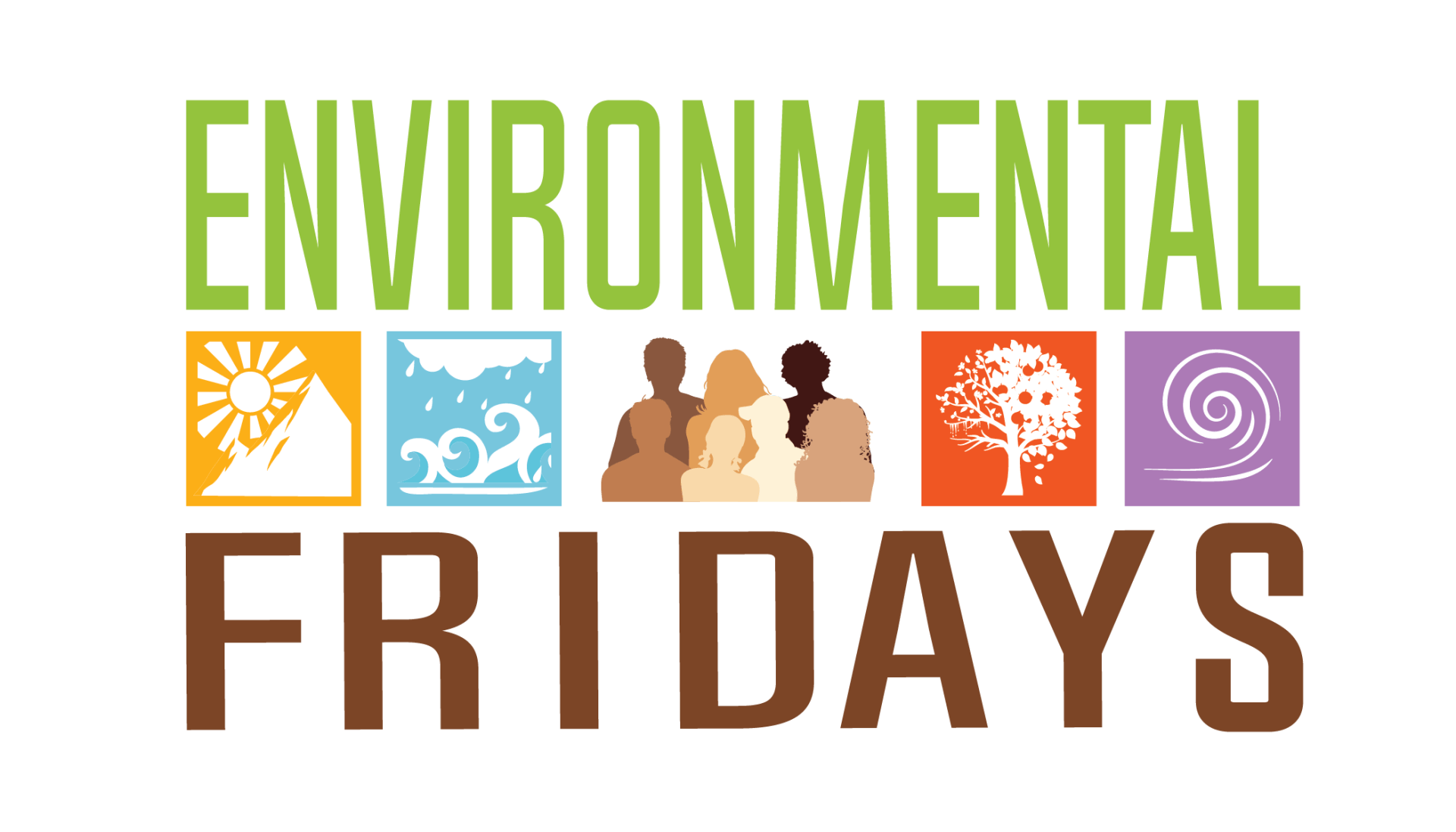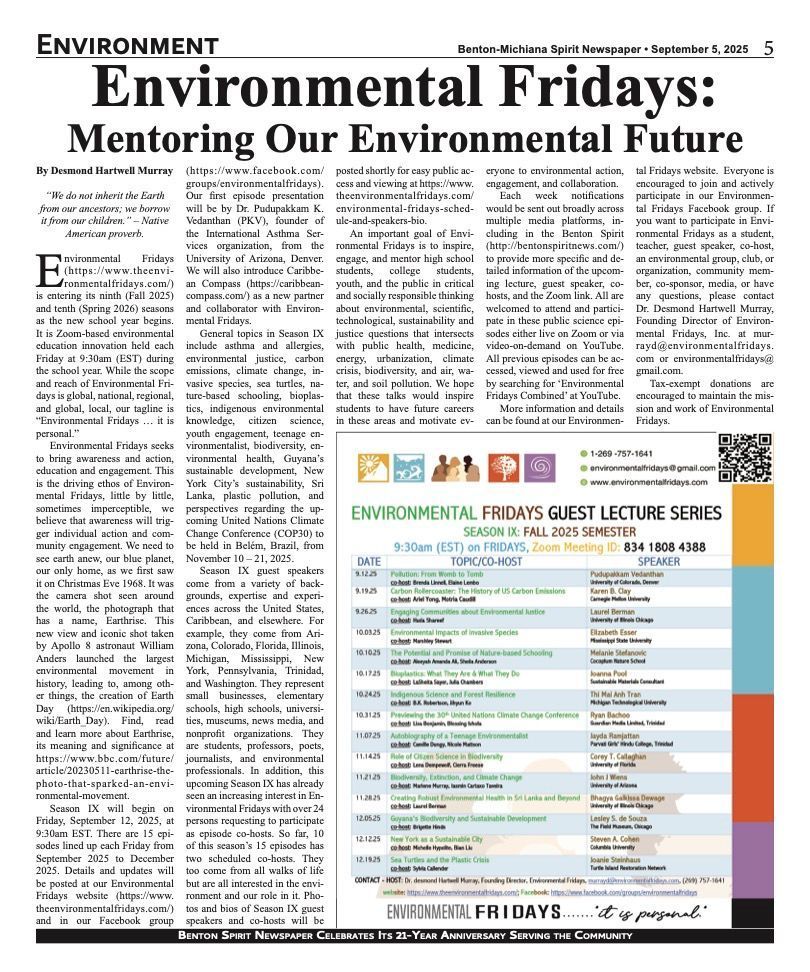Thank you to Assistant Professor Samantha Chadee from the University of Trinidad and Tobago. Her lecture was on the Sustainable Use of Caribbean Natural Resources. She identified existing problems and offered hope and solutions. Her lecture can be viewed on YouTube here.
Thank you also to Dr. Susan Julia Chand for co-hosting this session of Environmental Fridays. She is Professor of Anthropology in the School of Social Sciences and Director for Research and Innovation at the University of the Southern Caribbean (USC), Trinidad and Tobago.
Being a botanist and a medical anthropologist, Dr. Chand has been passionate in conducting studies on medicinal plants and ethnomedicine (folk medicine). She is actively involved in research and scholarship in diasporic and migration studies, ethnomedicine, medical pluralism, health seeking behaviors, lifestyle medicine, cultural competence, and political integration, to name a few.
Welcome to the Environmental Fridays News Blog


